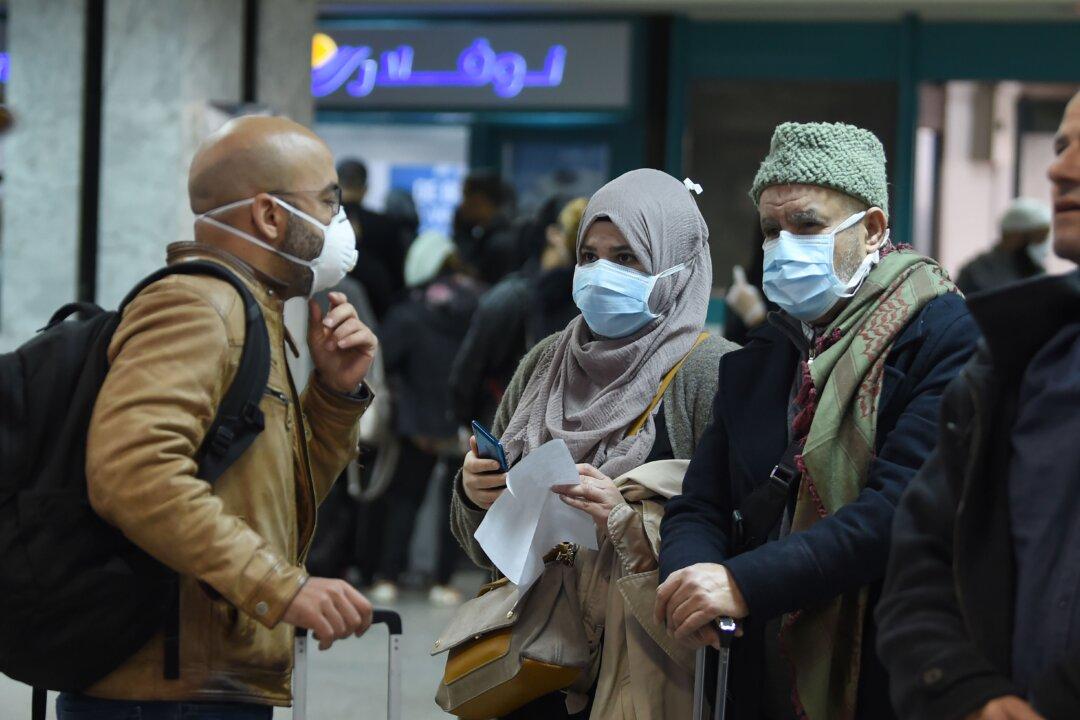JOHANNESBURG—The coronavirus has now been confirmed in at least 30 of Africa’s 54 countries, officials said March 16, and regional power South Africa is warning of a new crisis once the virus begins to spread at home and into crowded low-income communities.
The most alarming confirmation of a first case came from Somalia, the Horn of Africa nation, with one of the continent’s weakest health systems after nearly three decades of conflict. Tanzania, Liberia, and Benin also announced their first cases.





